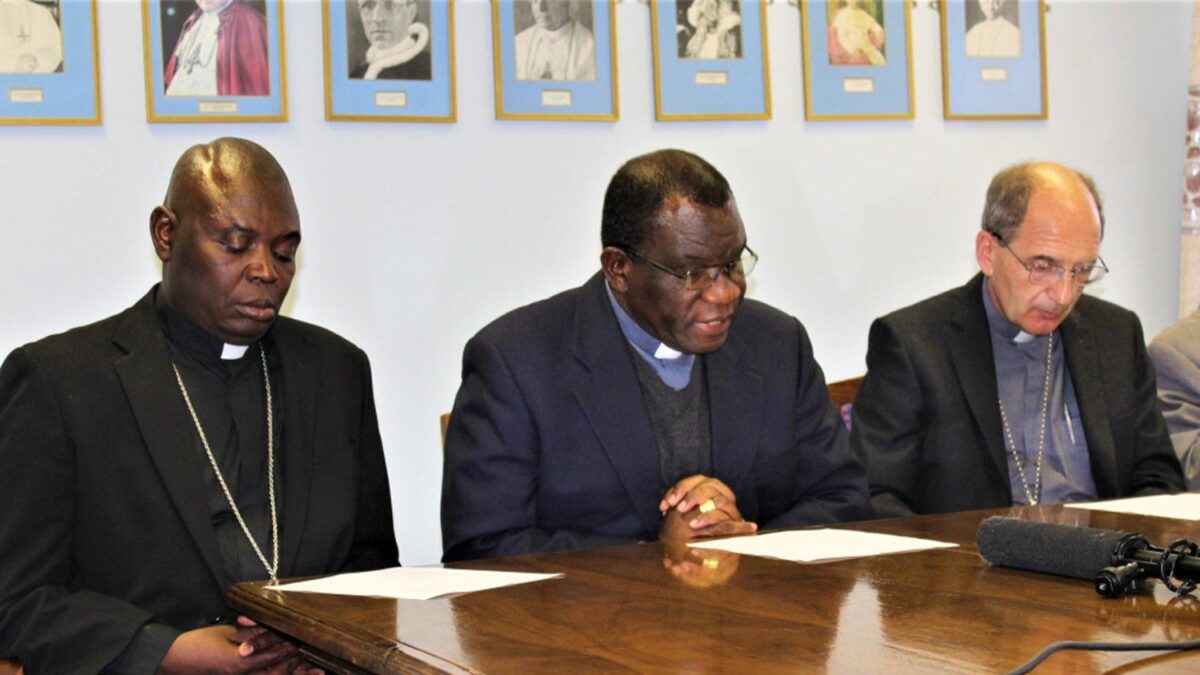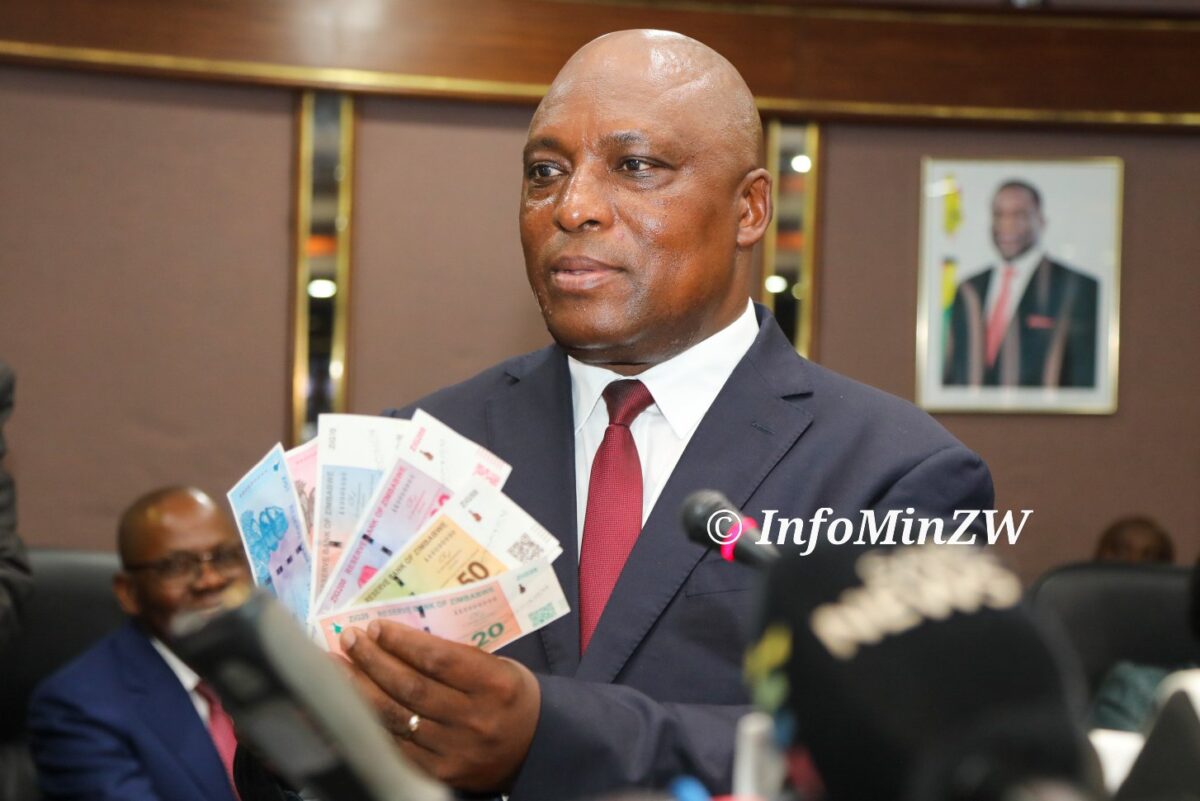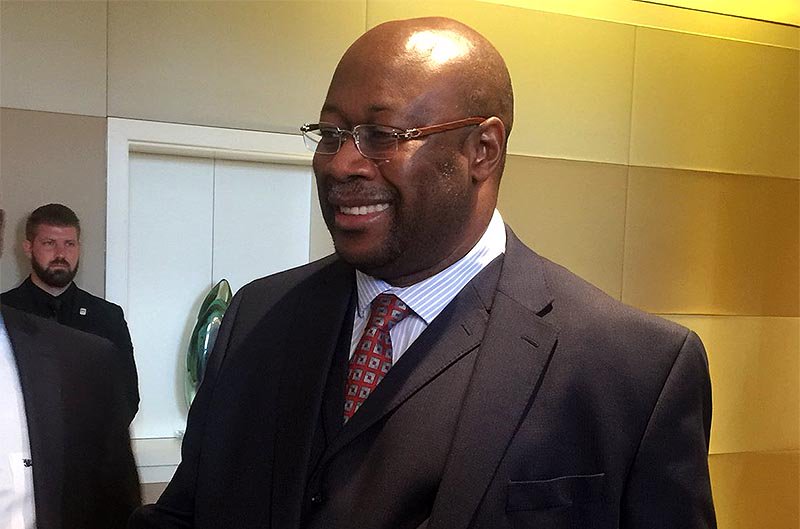HARARE – Zimbabwe’s economic and political crisis will only find resolution in “meaningful, inclusive dialogue”, Zimbabwe’s Catholic bishops said on Monday as they warned that no one party could resolve the crisis.
In a pastoral letter, the bishops said many Zimbabweans were living in conditions of “dehumanising poverty” as they also sounded the alarm over what they say is “growing political volatility brought about by the impending 2023 general elections.”
“These elections are already being preceded by political intolerance, violence and bloodshed,” the bishops said. “What has exacerbated our situation is the economic instability of the country which has brought with it instability in the financial markets resulting in continuous increases in prices of basic commodities leaving them beyond the reach of the poor.”
President Emmerson Mnangagwa’s political and economic policies have failed, the bishops said.
“If, as Catholic social teaching says, the value of policies is assessed by how they impact the poor, then one can safely say that our political and economic policies have failed. There is so much dehumanising poverty and despair among our people,” they said.
The bishops are calling for “meaningful, inclusive dialogue” to arrest the economic and political crisis.
“In order to overcome our socio-political and economic challenges, there is need for a meaningful inclusive dialogue in the country. If there is a lesson from our synodal journey, it is precisely that we cannot go it alone,” they said.
“No single political party has all the answers, hence the importance of listening to each other as we journey together.”
Soaring inflation has been piling pressure on Zimbabweans already struggling on low salaries.
Annual inflation, which hit almost 192 percent in June, cast a shadow over President Mnangagwa’s bid to revitalise the economy.
Zimbabwe abandoned its inflation-ravaged dollar in 2009, opting instead to use foreign currencies, mostly the United States dollar. The government reintroduced the local currency in 2019, but it has rapidly lost value again.
On Monday, a 14-day strike notice given to the government by public sector workers ran out, and workers could walk out within days. The civil servants are demanding salaries upward of US$800 for the lowest paid – a huge jump from the US$175,000 and average Z$60,000 salaries they are currently earning.















